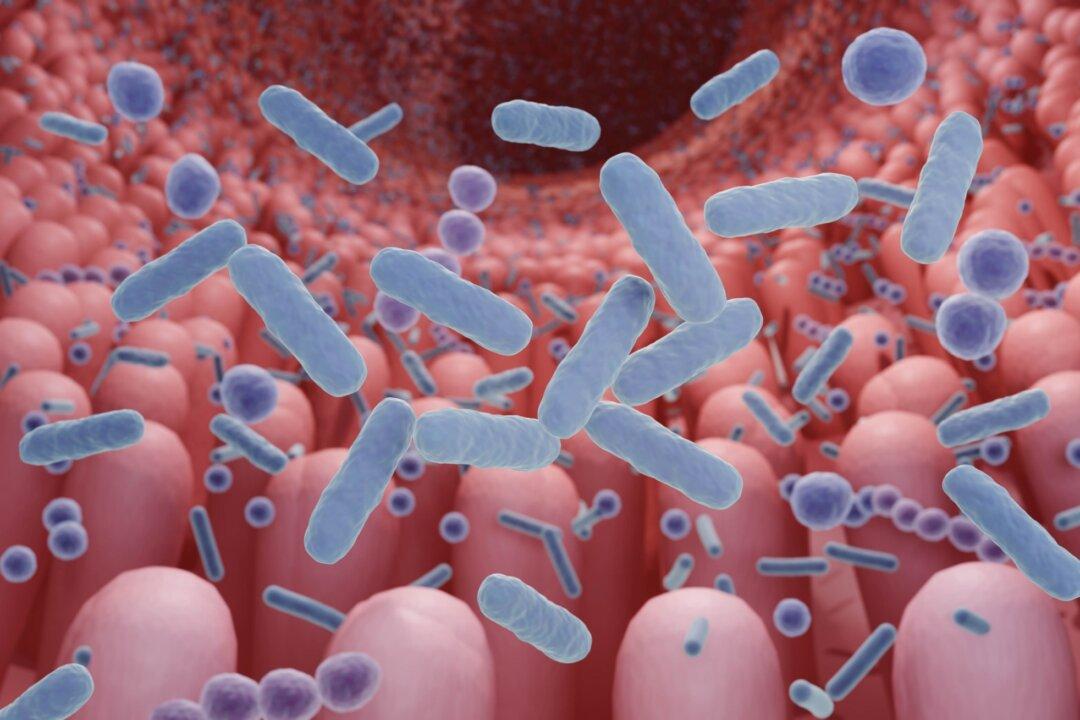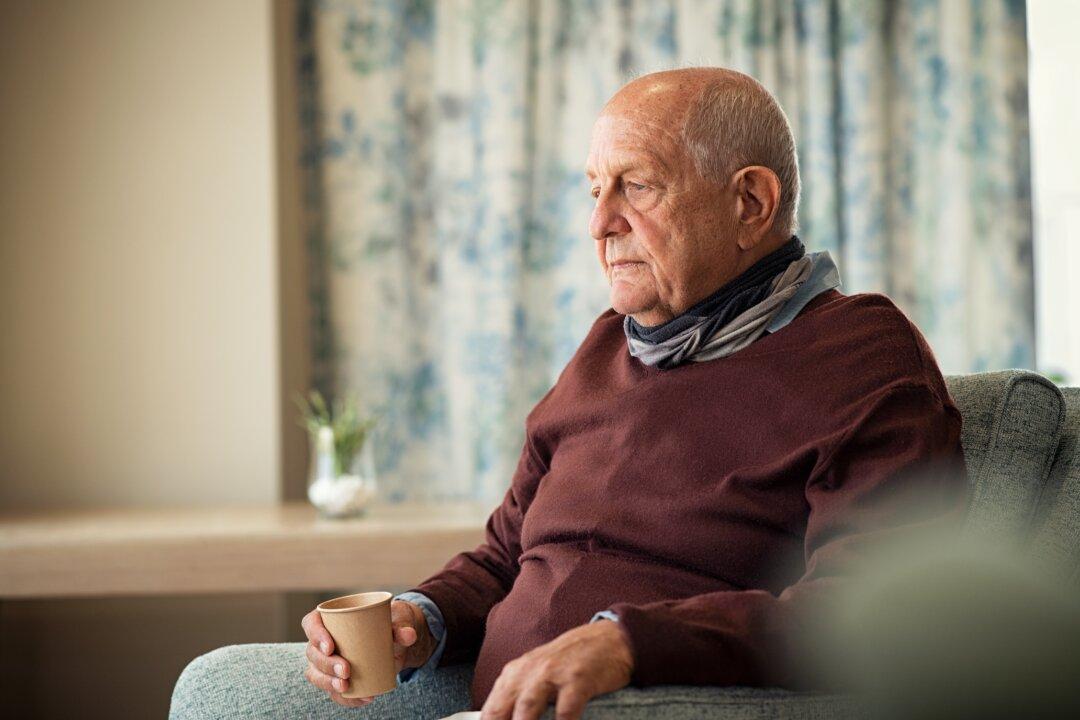Whether RLS is idiopathic (of unknown origin) or secondary to a medical condition such as iron deficiency or kidney disease, severe cases can disrupt people’s daily lives and function.
Disordered sleep from RLS can lead to complications ranging from cardiovascular disease and high blood pressure to anxiety and social isolation.
According to the Essential Guide, daily low-dose pharmacological treatment is recommended for those whose symptoms are severe enough to affect their quality of life.
- Benzodiazepines
- Calcium channel alpha-2-delta ligands (gabapentinoids)
- Dopaminergic agents (for short-term use only)
- Ketamine (rarely)
- Opioids (for severe cases)
Exploring Non-Pharmacological Therapies for RLS
The researchers, from the University of Granada, noted that non-pharmacological therapies in people with severe RLS could help this group be less dependent on medication and could lessen drug side effects such as “augmentation,” the phenomenon of symptoms worsening because of long-term use of drugs, particularly dopaminergic medication.- Iron
- Magnesium oxide
- Valerian
- Vitamin B6
- Vitamin C
- Vitamin D
- Vitamin E
Besides the link between iron deficiency and RLS, the researchers note that some people with RLS have low magnesium and vitamin D levels, which is why these supplements have been tested as treatments. Low levels of antioxidant vitamins C and E have been implicated in oxidative stress, a potential contributing factor in RLS, while valerian “has been indicated for the treatment of sleep problems related to anxiety or lack of rest.”
Results Were Mixed
Using these measurements, the supplements that provided the most significant RLS symptom improvement were magnesium oxide, vitamins B6, C, and E. Interestingly, vitamin D supplementation did not provide significant symptom improvement, even among those patients with vitamin D deficiency. The researchers noted, however, that only one study testing the use of vitamin D was included in their review.Another form of magnesium—magnesium citrate—may also hold promise, according to the researchers. Commenting on a study published in May exploring the use of magnesium citrate daily for eight weeks, they wrote that it showed a “significant reduction in IRLS scores in the participants.” They recommend more placebo-controlled randomized clinical trials to examine the effects of magnesium oxide.
As to magnesium’s mechanism of action, it can “currently only be speculated upon until reports about a consensus theory emerge,” they wrote.
The effects of oral iron supplementation on RLS symptoms were “mixed,” the researchers wrote, “showing some symptom improvements but no significant differences compared to other treatments.” They said that iron supplementation is “a promising avenue,” however, especially in patients with iron deficiency.
In one study included in the review, although vitamin B6 was less effective than magnesium in RLS patients, it also improved symptom scores when compared with a placebo.
Only two trials in the study tested the use of valerian, a medicinal herb, and their results were “contradictory.” These two trials were the only studies addressing the efficacy of valerian in reducing the symptoms of RLS that the researchers were able to find.
This was a small study with limitations, the researchers conceded.
“There is a need for more high-quality randomized controlled trials with larger sample sizes and long-term studies to establish the true efficacy and safety of dietary supplements in managing RLS,” they wrote.
Find other natural approaches to treat, prevent, and manage RLS and improve sleep quality in The Epoch Times Essential Guide to Restless Legs Syndrome.






